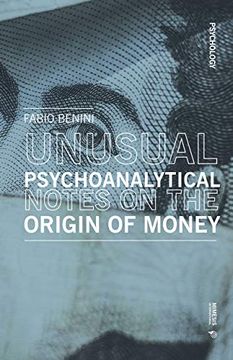(Unusual) Psychoanalytical Reflexions on the Origin of Money and Coins: Notes of Non-Economics
Synopsis "(Unusual) Psychoanalytical Reflexions on the Origin of Money and Coins: Notes of Non-Economics"
In the ancient world, many units of measurement were based, approximately, on some parts of the human body: arm, cubit, span, inch, foot; or on their functions: pace, half hour, league.... I wondered if there might be some parts of the body, which weighed 4.25g: in other words, half a siqlum or half a giĝ. And I identified, albeit with wide variations, these parts in the foreskin which Abraham/Hammurabi cuts off as a symbol of a new faith, reviving -I cannot say how consciously - an ancient, now forgotten tradition which stands at the base of that antique unit of measurement with an abstract value and the form of a Ring to be worn as a bracelet or anklet on or in one's own body (eg. nose rings, called nezem in Hebrew, and still in use as ornaments in many populations, in India for example; and earrings). These rings would therefore have had a weight and a composition of precious material equivalent to a coin. Such coin could be connected to the Pukku, ring, belonged to Gilgamesh, which could have been the non-Indoeuropean root PKK from which Benveniste derived the word Pecunia (money), as being therefore much older than the term Pecus (herd, flock). In my work, this is the origin of the coin: round, empty, portable, also deriving from the discarded foreskin, thereby generating symbolic rings long before the Lydia of Croesus. It certainly does not arise from a non-existent god of the underworld who would defecate gold: in other words, that so often cited Mammon who has persecuted us for 2,000 years.

